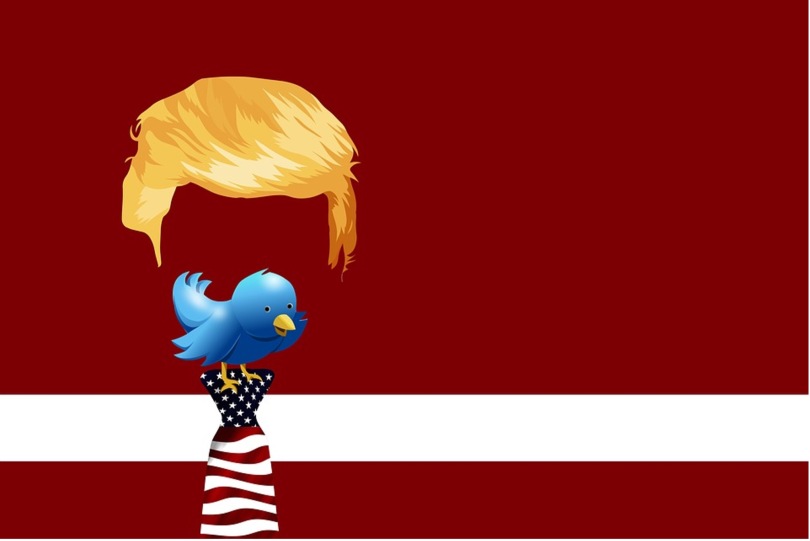In an order with immediate enforcement, Johannes Caspar, the Hamburg Commissioner for Data Protection and Freedom of Information (HmbBfDI), has prohibited Facebook Ireland Ltd. from further processing WhatsApp user data in Germany, if this is done for their own purposes. As part of the emergency procedure under Art. 66 GDPR already discussed on this blog, this measure will remain valid for three months in the respective territory. In light of this short time frame, the Commissioner’s aim is to refer this issue to the European Data Protection Board (EDPB) in order to find a solution on a European level.
In the last months, WhatsApp had requested their users to agree to the new terms and conditions of use and privacy by May 15, 2021. With the new privacy terms and conditions, WhatsApp would receive wide-ranging data processing powers. This applies, among other things, to the evaluation of location information, the transfer of personal data to third-party companies including Facebook and cross-company verification of the account. Furthermore, the companies’ legitimate interest for data processing and transfer is brought forth in a blanket manner – even with regard to underage users.
After hearing Facebook Ireland Ltd. – and notwithstanding a consent to the terms of use – the HmbBfDI believes that there is no sufficient legal basis for justifying this interference with the users’ rights and freedoms. This is especially true when considering that the data transfer provisions are unclear, misleading and contradictory. The users’ consent is neither transparent, nor voluntary since users would have to agree to the new terms in order to continue using WhatsApp.
While this close connection between the two companies was to be expected, many stakeholders find it surprising that WhatsApp and Facebook actually want to expand their data sharing. At the same time, Johannes Caspar is confident that on the basis of the GDPR procedure, he will be able to “safeguard the rights and freedoms of the many millions of users who give their consent to the terms of use throughout Germany. The aim is to prevent disadvantages and damage associated with such a black-box procedure.”
In view of the upcoming elections in Germany, it is to be hoped that – in dialog with the companies – data protection-compliant solutions will be found quickly.
Dario Henri Haux
Anordnung des HmbBfDI: Verbot der Weiterverarbeitung von WhatsApp-Nutzerdaten durch Facebook (11.05.2021): https://datenschutz-hamburg.de/pressemitteilungen/2021/05/2021-05-11-facebook-anordnung



